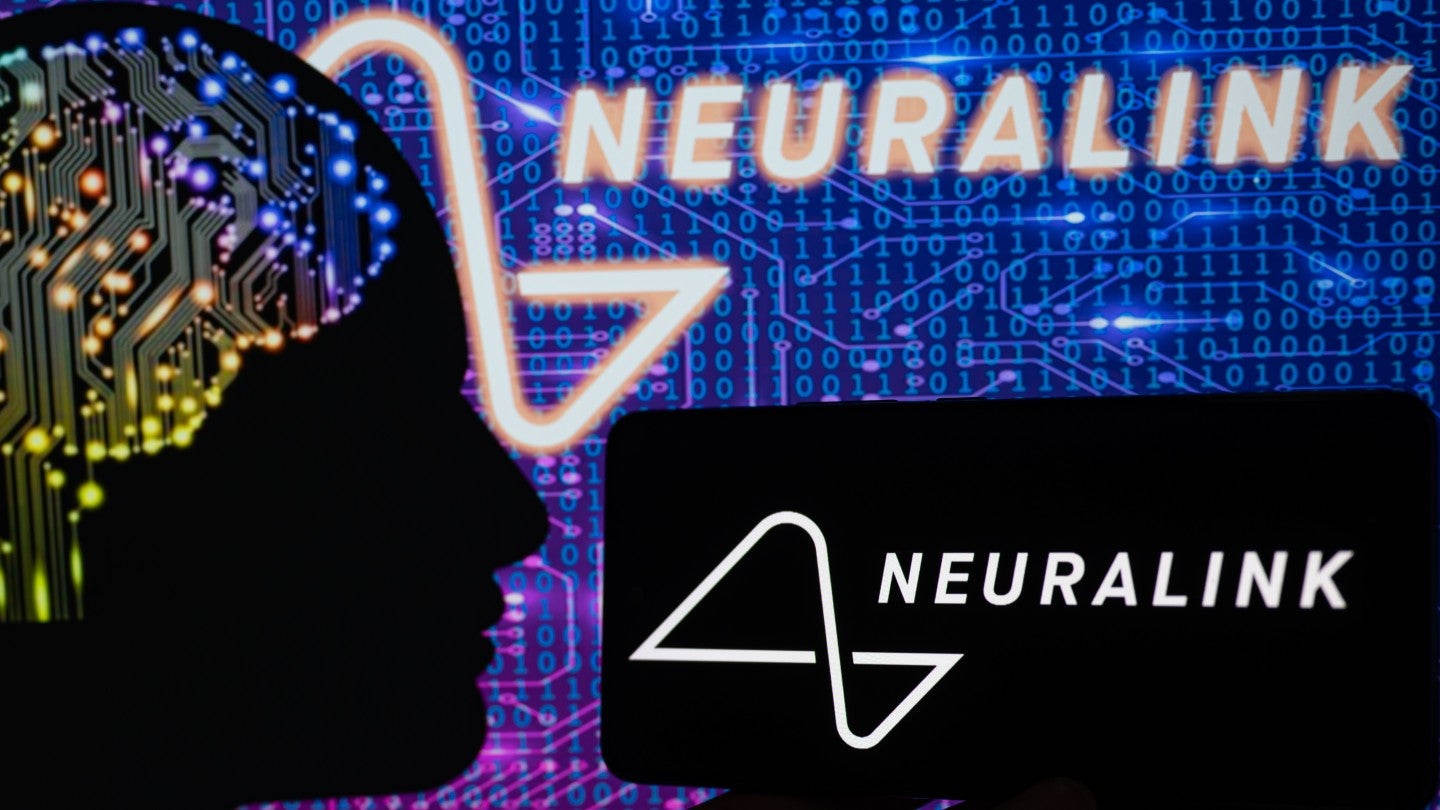
Neuralink, a brain technology start-up founded by Elon Musk, has received approval to commence a feasibility study involving its brain implant and an experimental robotic arm, the South China Morning Post reported.
The PRIME study will evaluate the safety of Neuralink’s wireless brain-computer interface and surgical robot.
The study will also focus on patients with quadriplegia, a type of paralysis, aiming to enable them to control external devices through thought.
Neuralink will begin the feasibility trial to extend BCI control using the N1 Implant to an investigational assistive robotic arm. This is an important first step towards restoring not only digital freedom but also physical freedom. More details are to come, but the CONVOY study will enable cross-enrolling participants from the ongoing PRIME study, the company stated in a post on the social media platform X.
While the US Food and Drug Administration (FDA) and Neuralink have not provided further details on the feasibility study, recent developments indicate progress in regulatory approvals.
Last week, Health Canada granted approval for a trial of Neuralink’s device, allowing Canadian neurosurgeons to recruit six patients with paralysis for the study.
How well do you really know your competitors?
Access the most comprehensive Company Profiles on the market, powered by GlobalData. Save hours of research. Gain competitive edge.

Thank you!
Your download email will arrive shortly
Not ready to buy yet? Download a free sample
We are confident about the unique quality of our Company Profiles. However, we want you to make the most beneficial decision for your business, so we offer a free sample that you can download by submitting the below form
By GlobalDataIn the US, Neuralink has already implanted its device in two patients.
The first patient has successfully used the implant to play video games, browse the internet, post on social media, and move a cursor on his laptop.
In August, Neuralink implanted a chip into its second human patient.
The company reports that the device is also performing well in the second trial patient, who is using it to play video games and learn 3D design.







